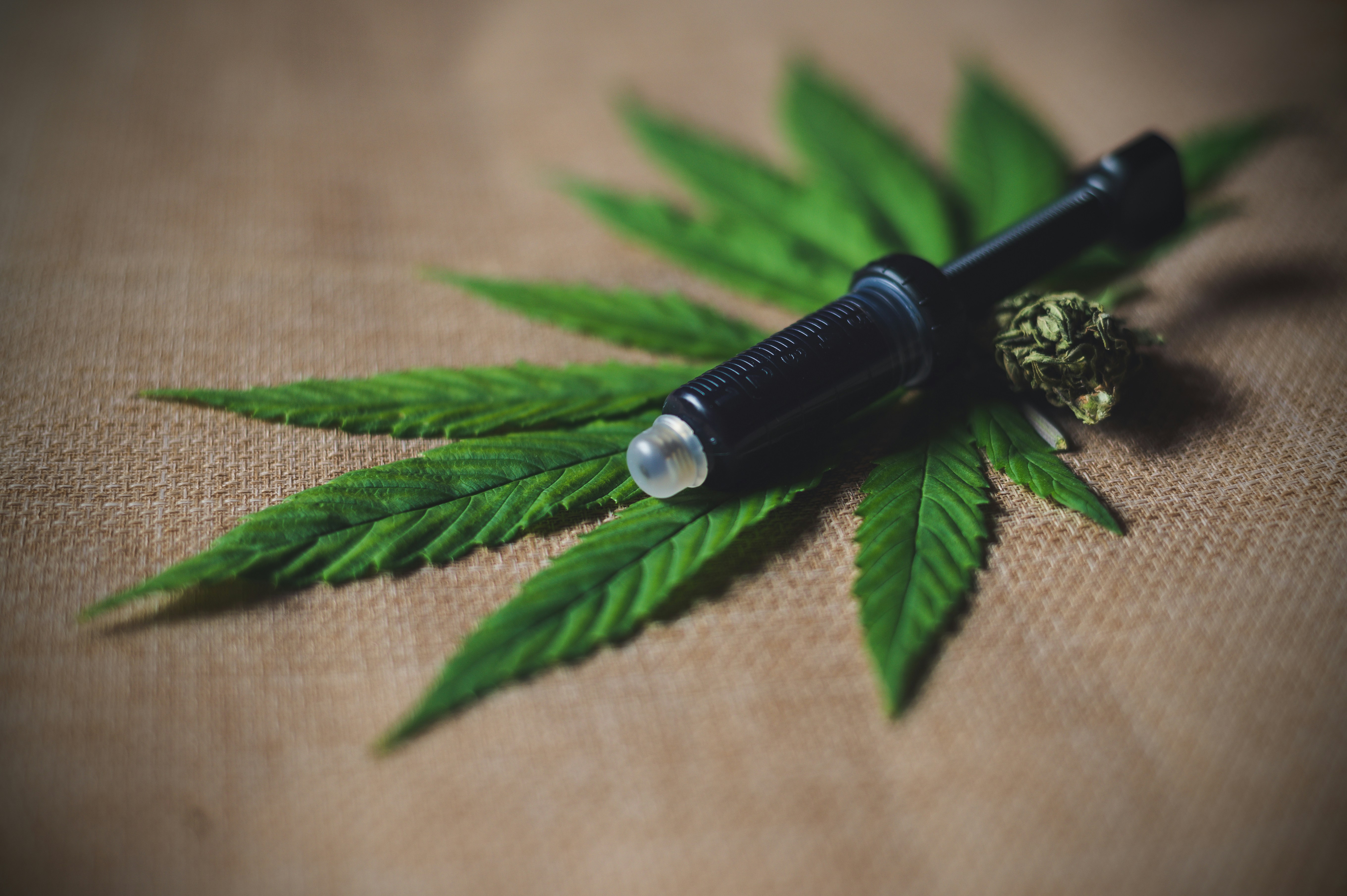When looking for ways to cope with some of the symptoms associated with cancer and cancer treatments, patients may come across a substance known as cannabidiol (CBD) listed as a potential supplement. For many, this substance is completely new to them, prompting questions about its safety and efficacy. If you are a cancer patient interested in using CBD for some of your symptoms, let’s take a closer look at what CBD is, how it works, and whether or not it is safe to use along with your current treatment plan.

CBD and Cancer
What is CBD?
Many people may be afraid to approach CBD because of its ties to the hemp industry. However, once you have a better understanding of what CBD is, you’ll find that it’s probably not what you thought. Cannabidiol (CBD) is a natural chemical substance found within the hemp plant that is said to carry a wide variety of benefits. What is the biggest selling point for CBD users is the fact that this substance does not come with the same psychoactive properties as its relative, THC. Instead, CBD is purported to help people feel more relaxed or even ease their pain — without the high. Commonly referenced benefits include:
- Improved sleep
- Reduced inflammation
- Reduced pain
- Anxiety and stress relief
CBD may either be consumed in its natural state (reported CBD flower benefits are often the same as CBD extracts and full-spectrum oils) or extracted in the plant in order to be used in oils or topical products. If you are looking to learn more about the types of products out there and the benefits they may provide, turn to an expert and trustworthy resource like Plain Jane to see what options are at your disposal and which ones may be the right fit for you.
Is CBD safe for cancer patients to use?
For the most part, CBD is a safe substance that has very few side effects and would be near impossible to overdose on. That said, there are some considerations to be made before deciding to use CBD for cancer symptoms. The main things to know about CBD include:
- There is still a lot of research that needs to be done regarding CBD and its effects. While there are reported medical benefits, CBD is not an FDA-approved substance. Rather, it is seen as a natural alternative to medications that some may wish to try if they think that it may benefit them.
- There a few potential side effects associated with CBD. The most notable ones are diarrhea, fatigue, and weight and appetite changes. Make sure to look further into how CBD may affect you before you begin taking it.
- While safe to take on its own, CBD may have the potential to interact with certain medications that could cause levels of those medications to build up in the system. This may be true in the case of medications such as antidepressants and anti-anxiety medications, muscle relaxers and sleep aids, antibiotics, blood thinners, anti-seizure medications, and, arguably the biggest one, chemotherapy drugs. It is vital that you speak with your doctor about CBD before deciding to take it on your own.
Most importantly, CBD does not act as a replacement for traditional medications. If you do take CBD, it is designed to be a better way to experience some relief from the symptoms of cancer and the symptoms of cancer treatment. So, even if you are taking CBD, you will still have to go get your local cancer treatment in Westwood, NJ, for example. Make sure to consider all of the above before using CBD as a supplementary treatment option.
So, is CBD safe for cancer patients to use? It truly depends upon your current situation. While CBD is generally safe, it is best to speak with your doctor to learn more about potential interactions and whether or not it is the best fit for you. If your doctor does approve it, there are plenty of great products available on the market to get you started on your CBD journey.
Leave a Reply